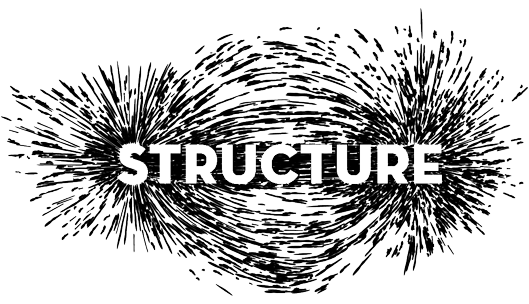Guest Post By Jake Anderson. Follow Jake to read more of his musings.
—
First, it was driverless cars. Roboticists everywhere got a little spring to their step, imagining a future in which the one-time search engine with more money than the 28 poorest countries combined invests heavily into the development of automation and robotics.
Then Google Ventures began to invest in biotech startups, dumping around $10 million into protein-based drug manufacturer Adimab. Even before Ventures, Google was investing in personal genomics companies 23andMe and Navigenics.
In 2012, futurist Ray Kurzweil joined on with Google as the Director of Engineering. One of his projects there entails building an artificial mind, which Kurzweil says will eventually become a powerful artificial intelligence.
Last year, Google unveiled Calico, a company which they say will ambitiously pursue longevity research and the development of life extension technology. It is headed by a veritable dream team of anti-aging scientists, the latest acquisition being legendary geneticist David Botstein. The team plans to “shoot the moon,” aiming even higher than cures to cancer.
How does Google’s feverish investment in the Singularity affect the once small world of transhumanism and anti-aging? SENS Research Foundation co-founder and bio-gerontologist Aubrey de Grey, who for the last couple decades has worked to bring life extension research into mainstream scientific circles, reacted with a kind of wistful optimism.
“The ‘beginning of the beginning’ of the war on aging began in the 1990s. Since then, the battle for hearts and minds as to that quest’s feasibility has been proceeding at full tilt. With Google’s decision to direct its resources toward aging, that battle may have been transcended. The curmudgeons no longer matter,” said Aubrey. “It’s no exaggeration to state that the end of the beginning may have arrived. I won’t go so far as to say that my crusading job is done, but for sure it just got a whole lot easier.”
So, can Google actually defeat death? And what would this mean for the future? Is there a sense in which a company or companies could privatize the Singularity?
On practical level, Google Ventures taking on life extension makes sense. As Time magazine, notes, “Medicine is well on its way to becoming an information science….and Google is very, very good with large data sets.” On an investor level, one shouldn’t expect Calico to influence any industry for several years at least, but its aim definitely remains high. Google wants to increase the average human lifespan by anywhere from 20 years to a hundred years, states CEO Larry Page, who is now well known for investing in long term R&D.
So, to answer the original question: when will Google become sentient? That used to be a question relegated to futurists like Ray Kurzweil, who believes that by the year 2045 computers will be billions of times smarter than us. Now that Google has ordained the field with its corporate knighthood, it seems likely it will become a question for the marketplace. Will there be an affordable anti-aging medicine that allows people to not only extend, but enhance their lives and health? Or will gene therapy, cybernetic enhancement, and nano-augmentation prove to be so complicated that only the very rich can afford the treatments?
Personally, I foresee a world in which people apply for corporate scholarships to subsidize the cost of life extension medicine and treatment in exchange for labor.
Ben Franklin once said, “In the world nothing can be said to be certain except death and taxes.” We may be revising that aphorism in the coming decades to be “Google and taxes”. And the taxes probably won’t apply to Google.





